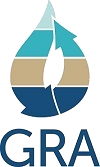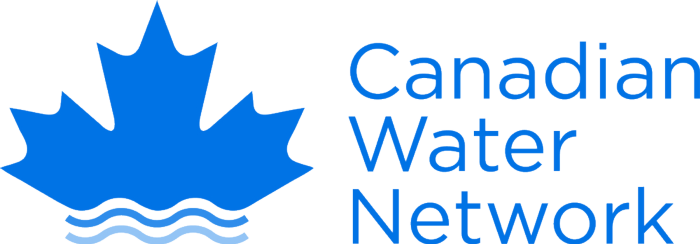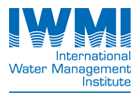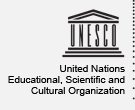Presentations 2016
Smilovic, Mikhail
Presentation Title
Field kites: Evaluating supplemental irrigation with climate change
Institution
McGill University
Video
Video Not Available
Presentation
Profile Picture

Abstract
Field kites are a novel tool to evaluate agricultural production under water compromised conditions by explicitly considering the farmers’ capacity to manage their water resources. Supplemental and deficit irrigation are necessary initiatives to increase agricultural and water productivity, and to buffer the vulnerabilities of precipitation-fed agriculture. Under water limiting conditions, the crop-water production function quantitatively evaluates the relationship between seasonal water use and crop yield, and previous efforts have attempted to describe the crop-water production function as a function of seasonal water use. However, these representations do not account for the effects of temporal distribution and trivialize the associated variability in yields by assuming an optimized or arbitrary temporal distribution of water use. This over-simplification renders these functions inappropriate for recommendations related to water management and assessing the role of supplemental and deficit irrigation, in particular given projections of increasing climatic variability. We propose Field Kites, an interpretation of the crop-water production function that determines crop yield as a function of both seasonal water use and irrigation agency, defined as the ability of farmers to manage and determine both the quantity and temporal distribution of irrigation water. Assuming maximum irrigation agency may be inappropriate for farmers subject to pre-defined irrigation schedules and amounts, while it may be appropriate for farmers irrigating with groundwater with generally more facility to tailor both the timing and amount of water. However, the assumption of optimized water use distribution is particularly inappropriate for evaluating supplemental irrigation on mainly precipitation-fed agriculture where water use from precipitation is significant. Field kites are constructed using AquaCrop and previously validated cultivar-specific variables and the climate- and cultivar-specific field kite for spring wheat characteristic of western Canada is presented. The soil- and climate-specific field kites are then constructed for each cell over a grid at local-scale in the region of southern Alberta, Canada and evaluated under both the present and future period of 2041-2070 using different regional climate models. The simulations range in potential precipitation, temperature, and CO2 changes and allow us to evaluate the potential for supplemental and deficit irrigation to increase or stabilize crop yields, prevent crop failure, or increase water productivity. Supplemental and deficit irrigation are appropriate initiatives for regions experiencing increased competition for water resources, rising costs associated with water withdrawal and irrigation application, compromised surface water and groundwater availability, and a declining health of associated ecosystems. It is essential to consider the effect of varying levels of irrigation agency on crop yields for water managers and policy makers to evaluate developing and supporting the necessary infrastructure for supplemental and deficit irrigation to both increase agricultural production and buffer the vulnerabilities of precipitation-fed agriculture.
|












